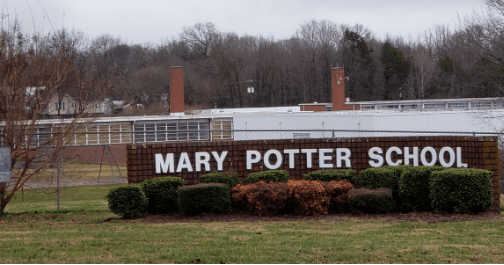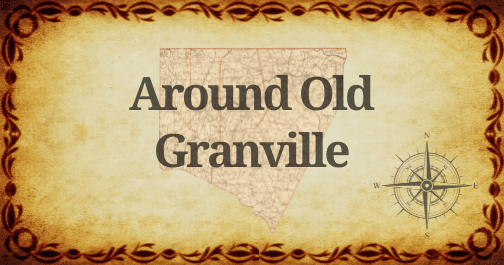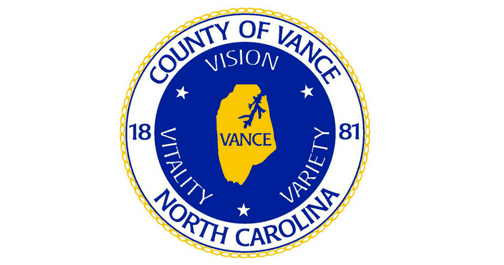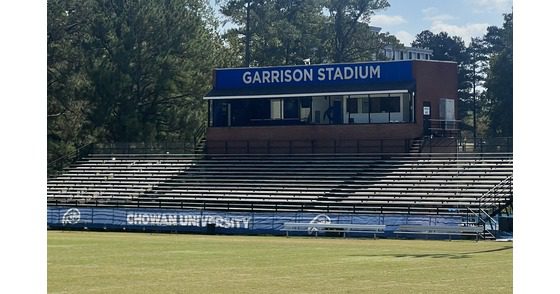Summer’s On The Doorstep And That Means Hurricane Season Is, Too
Summer is still officially about a week away, but Jonathan Blaes, meteorologist-in-charge at the National Weather Service office in Raleigh says it’s not too soon to be thinking about having a plan in case of a hurricane.
Blaes said Tuesday that the first two named storms have posed no threat to North Carolina, but the June to November hurricane season is shaping up to be another busy one for weather forecasters. And he’s watching another system in the Gulf of Mexico that could bring our area rain in the next three to five days.
“This season is likely to be another busy one,” he said. He said last year was an extreme year, and this year is shaping up along the same lines.
He told Bill Harris and John C. Rose on Town Talk that this is the seventh consecutive year that a tropical storm has developed before the normal June start date. There’s even talk about changing the official start date to May 15 because of this, he said. “The weather doesn’t really know the calendar very well – that’s for people to worry about,” Blaes said.
TownTalk Broadcast with Jonathan Blaes
Meteorologists must deal with more and more data in their jobs, and artificial intelligence is one tool that helps target more meaningful data to make their forecasts. But Blaes said it’s important to know when to rely on computer models. “There are certain patterns where humans add a great deal of value to forecast,” he said. One example is cold air damming or “the wedge.”
In winter, when temperatures hover in the 30s and 40s for days, “the wedge” sits over the area and computer models struggle with just how long the weather pattern will last. “Sometimes, we (humans) can beat the models,” Blaes said. But at other times, such as accurately predicting the track a hurricane will take, it’s best to leave it to computers.
“Weather likes balance,” Blaes said, “and to be honest, that’s what a hurricane does.” Hurricanes are nature’s way to remove excess moisture and heat from one area of the globe and put it somewhere else – the Atlantic Ocean supports development of a Bermuda high pressure system, which “hurricanes tend not to be able to drive through,” Blaes said.
Depending on where that high is set up that often will dictate the path a hurricane takes, he added.
“There’s a reason we have a rich history in this area,” he added. Hurricanes oftentimes graze us, and sometimes crush us.”
















